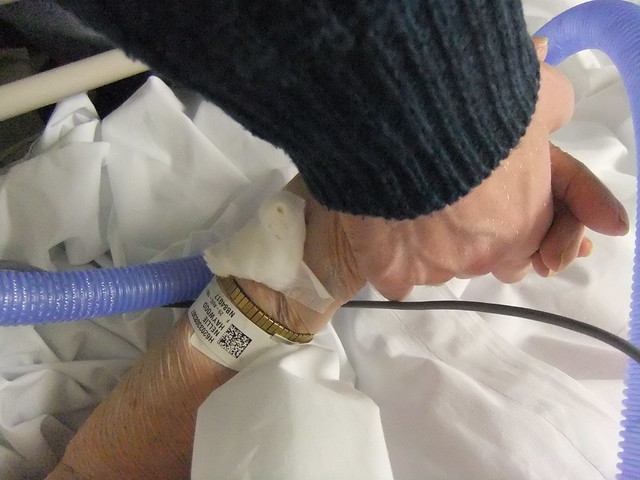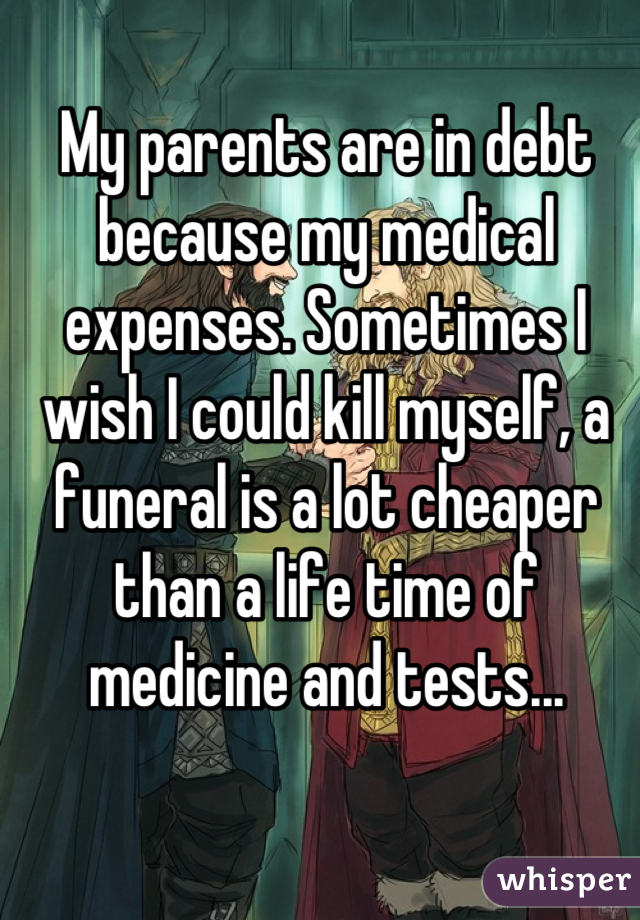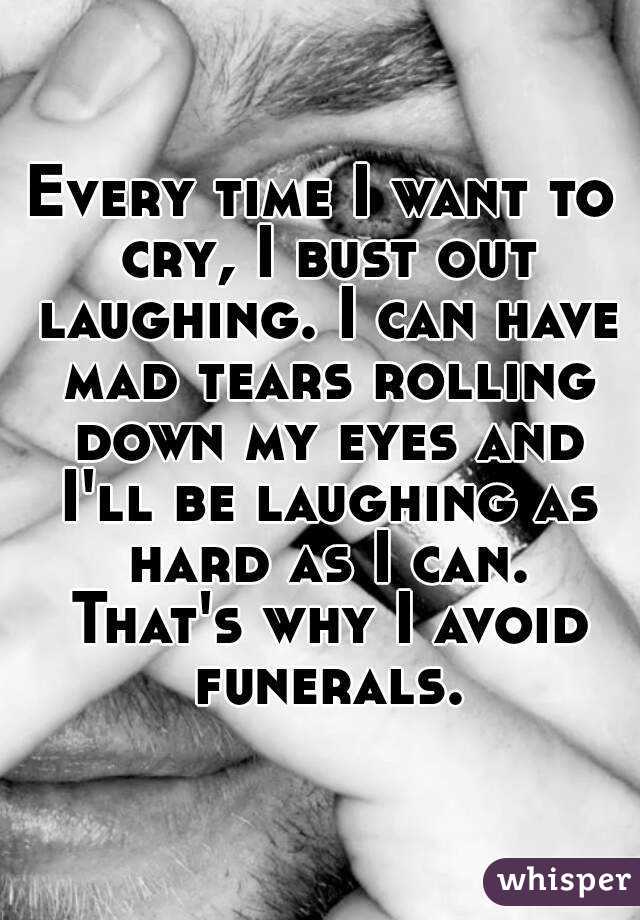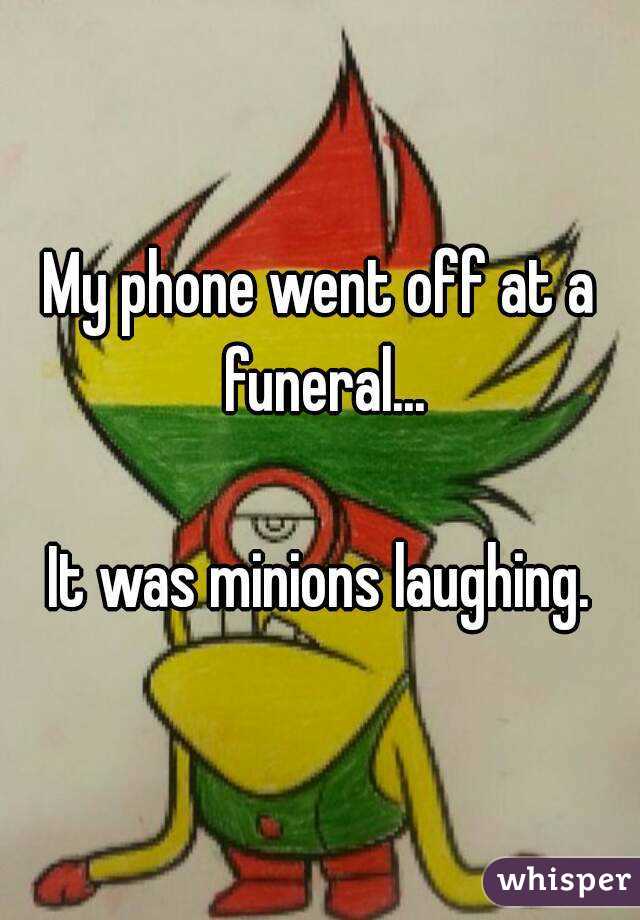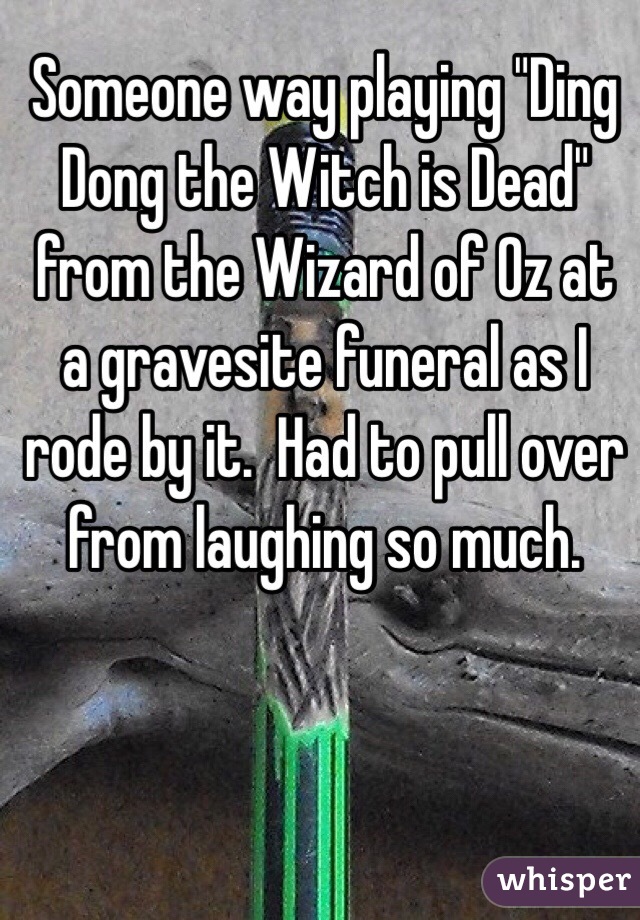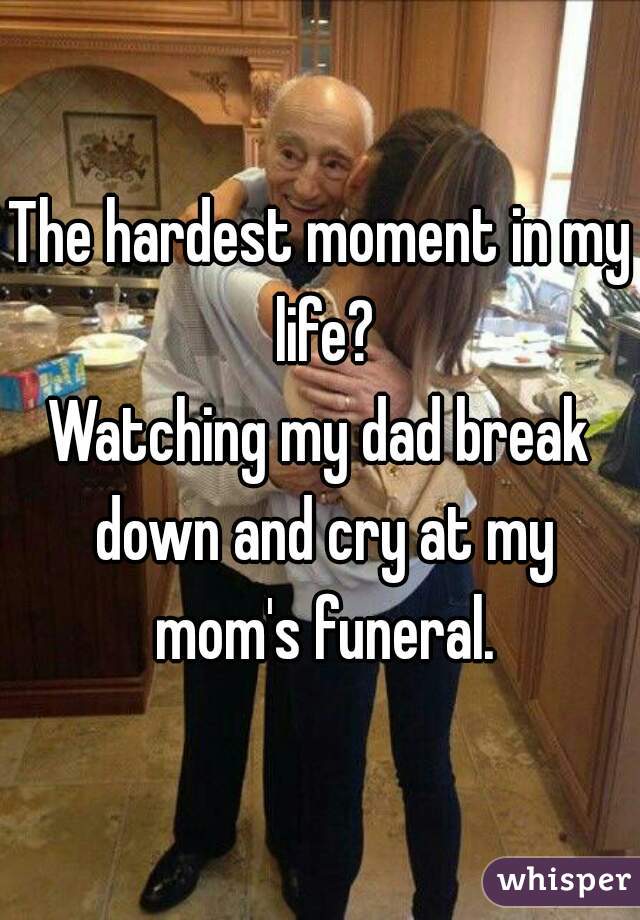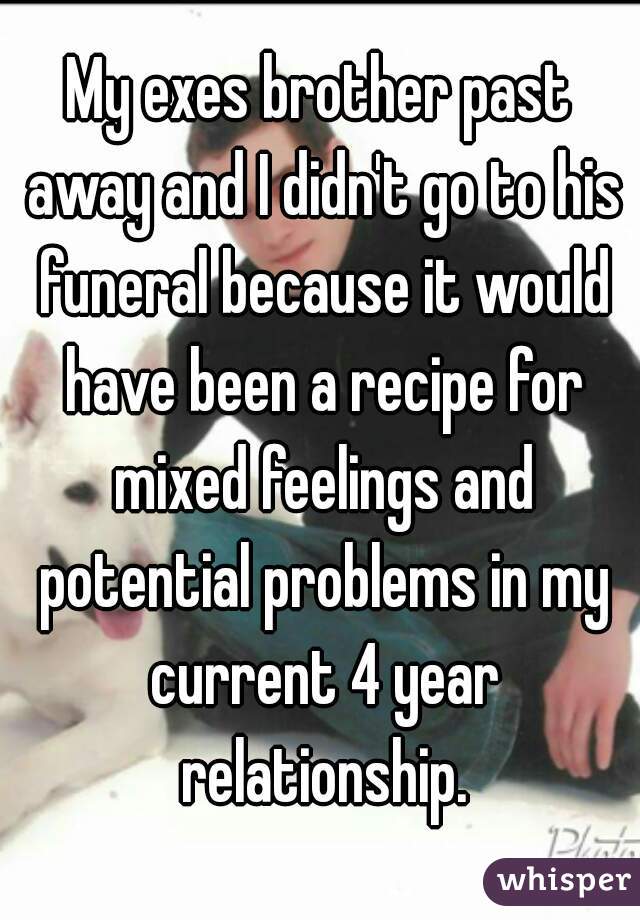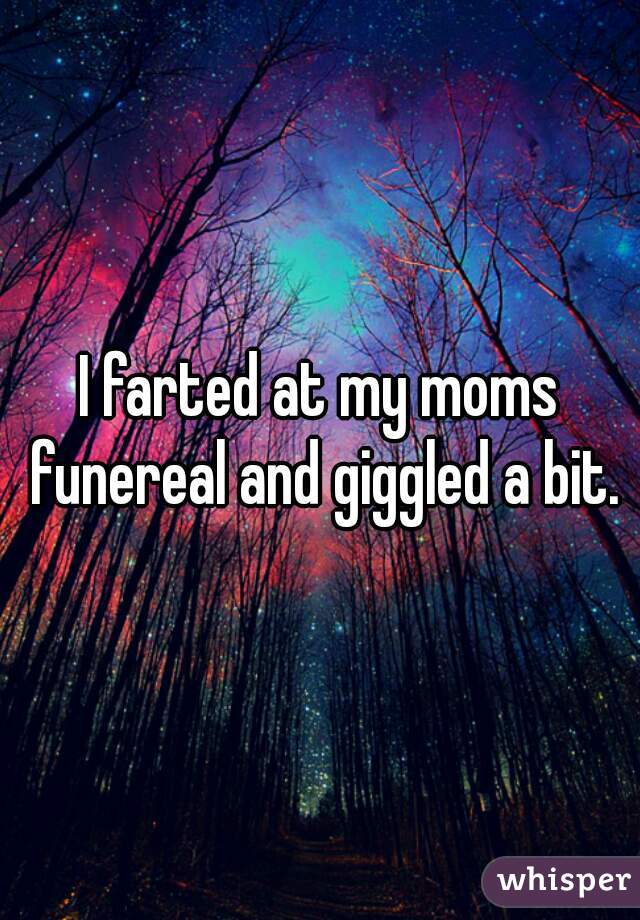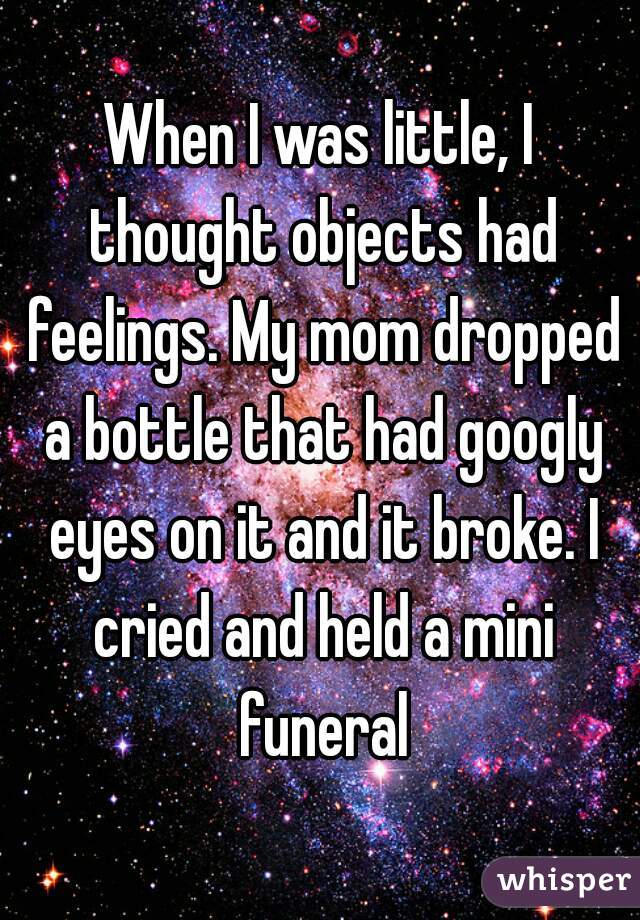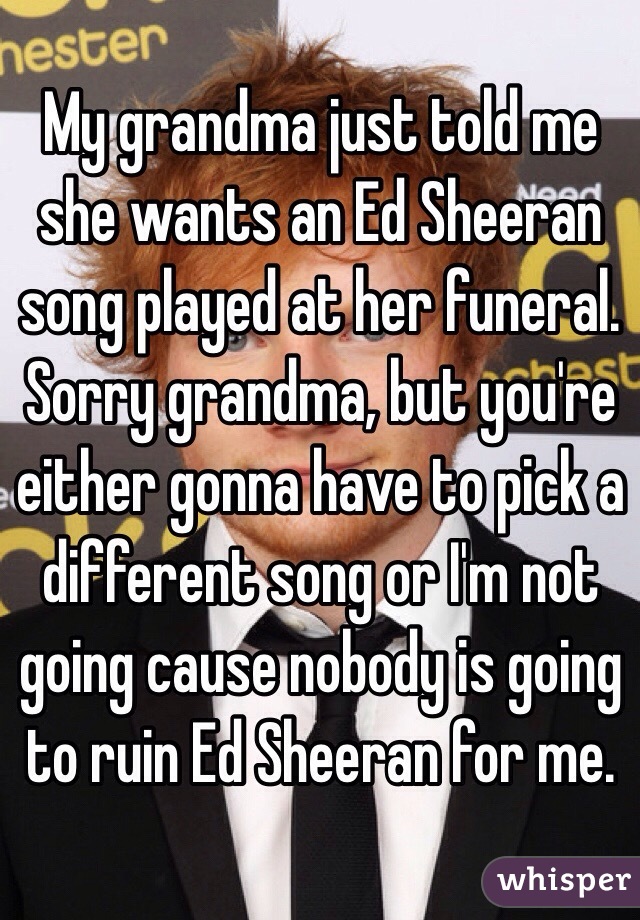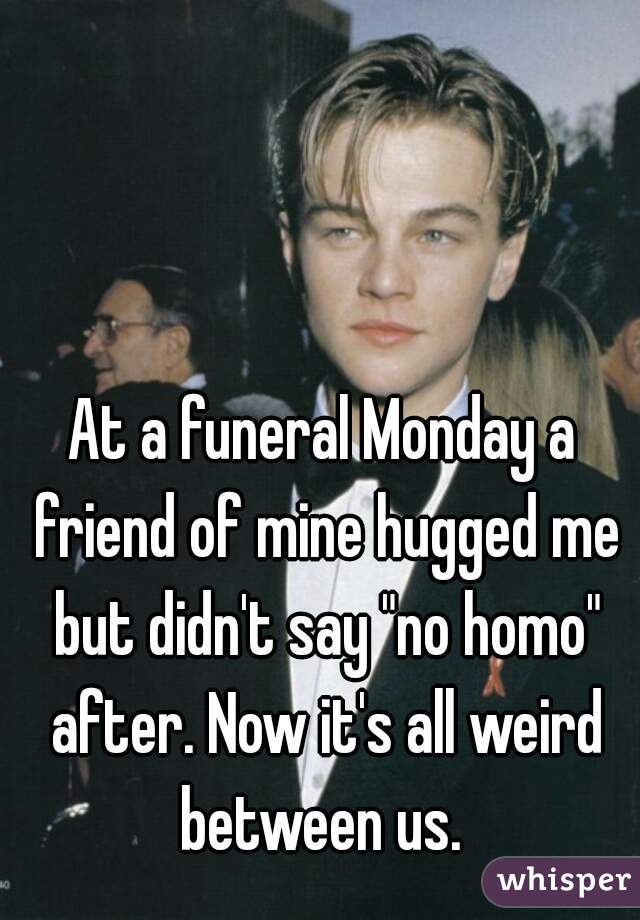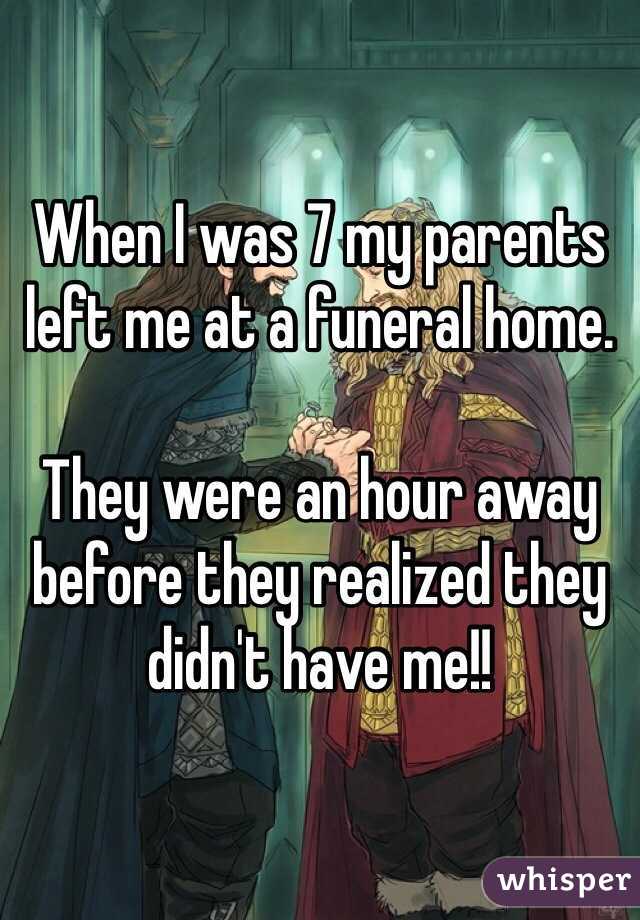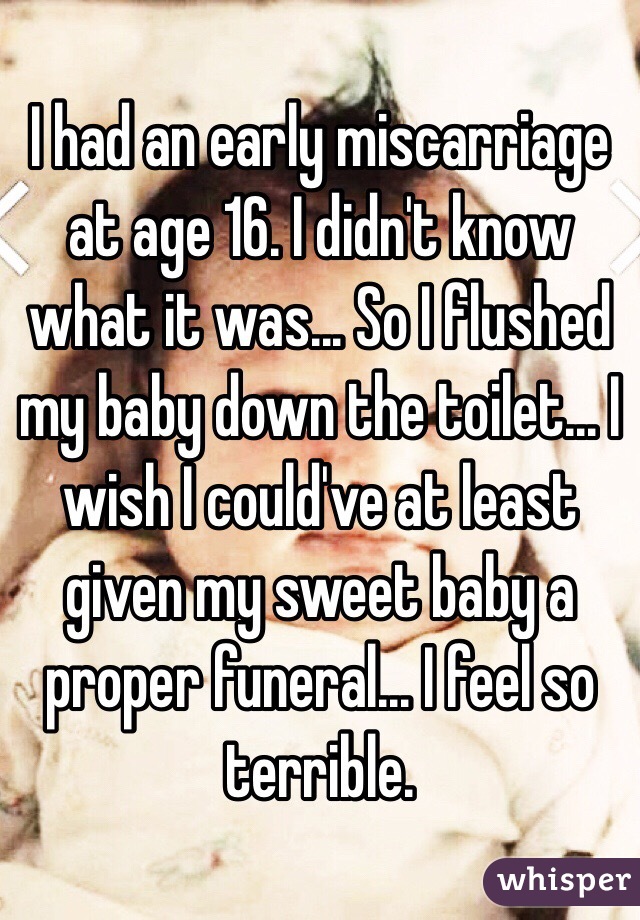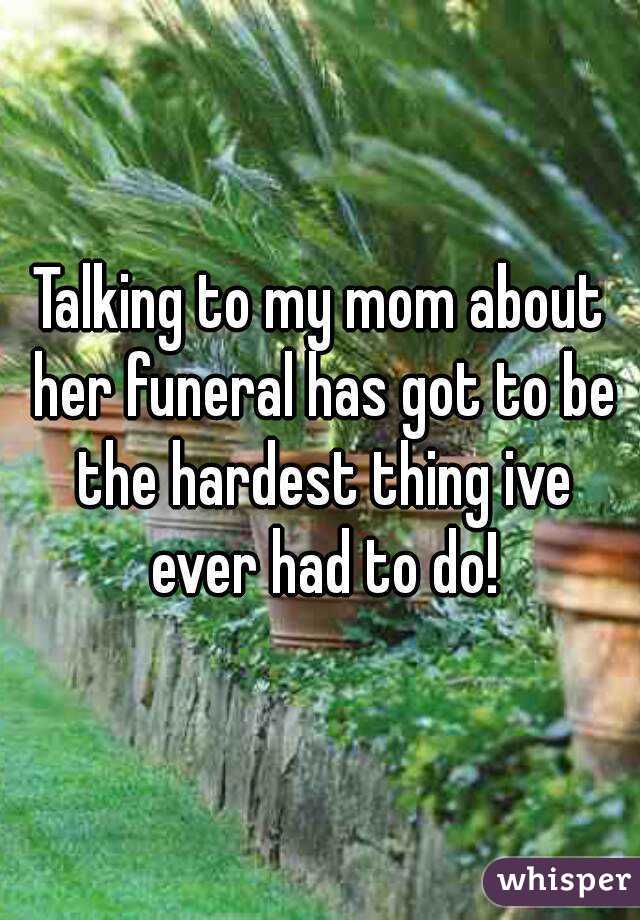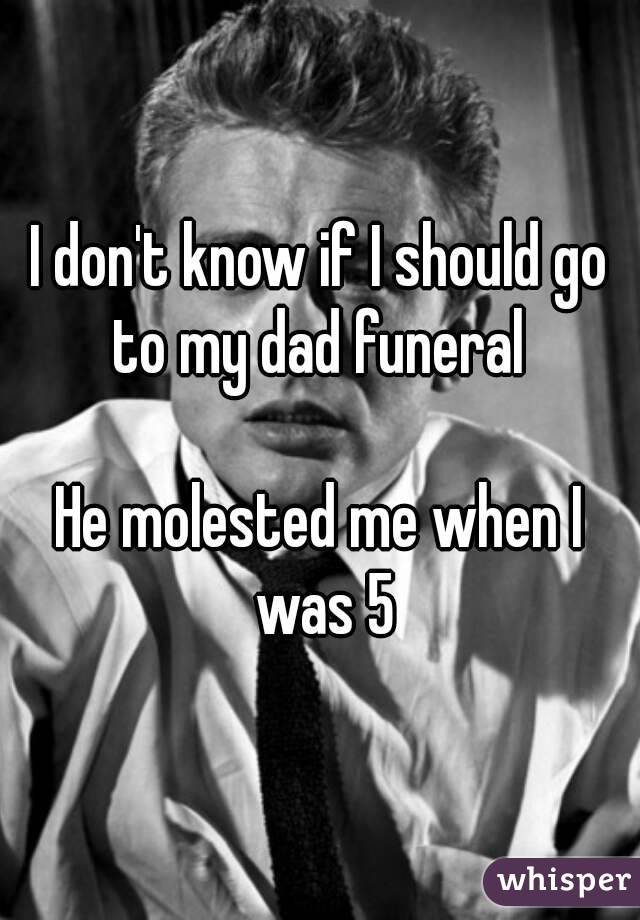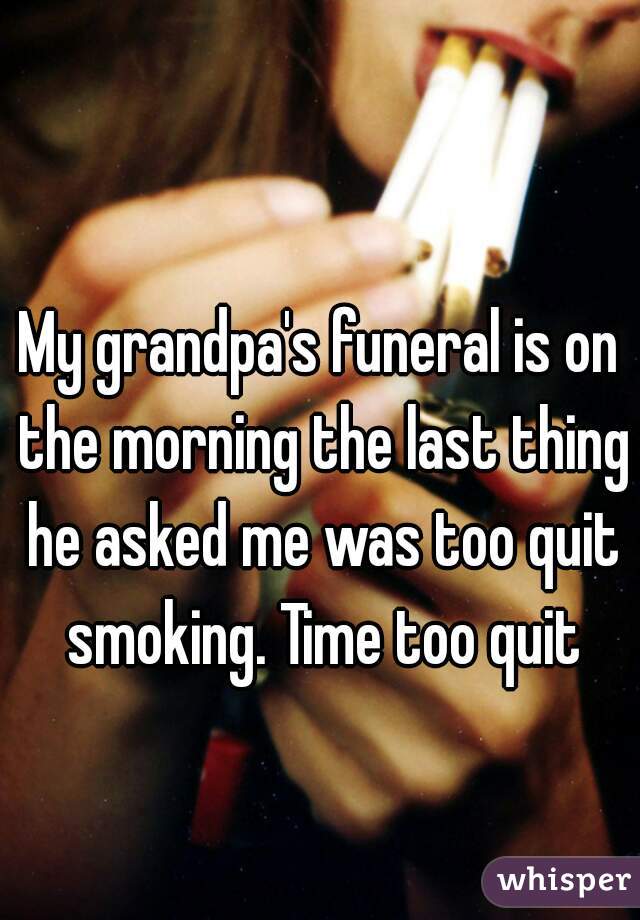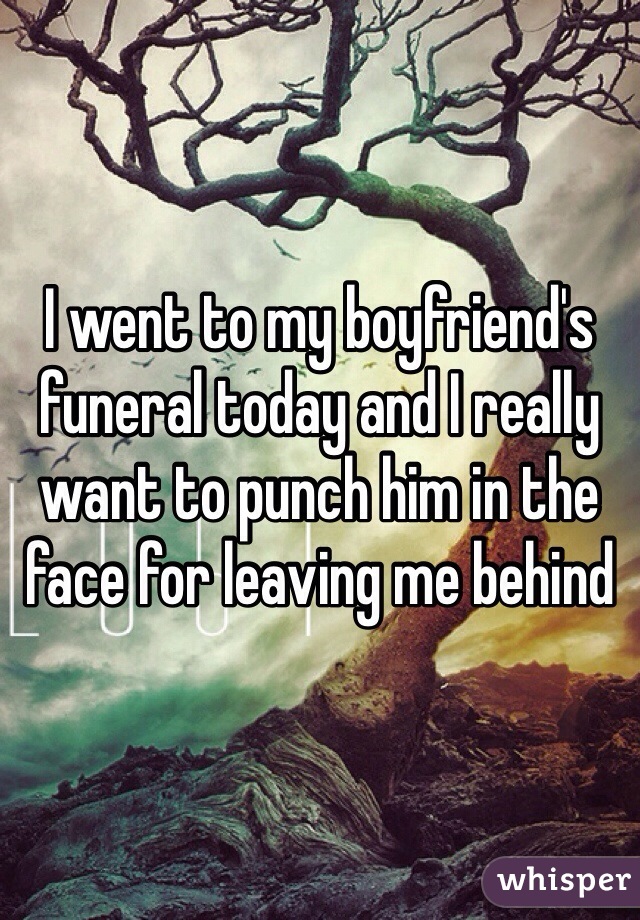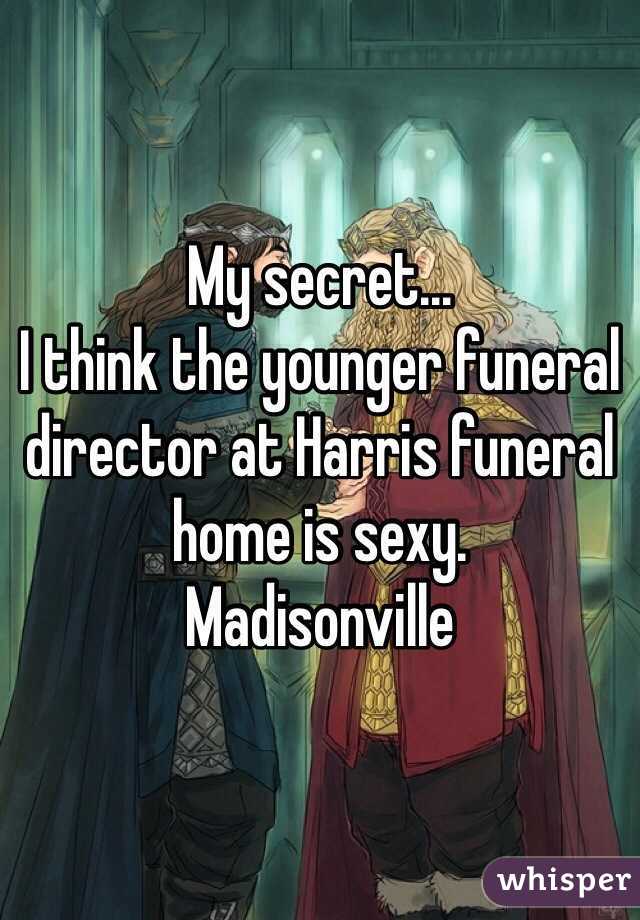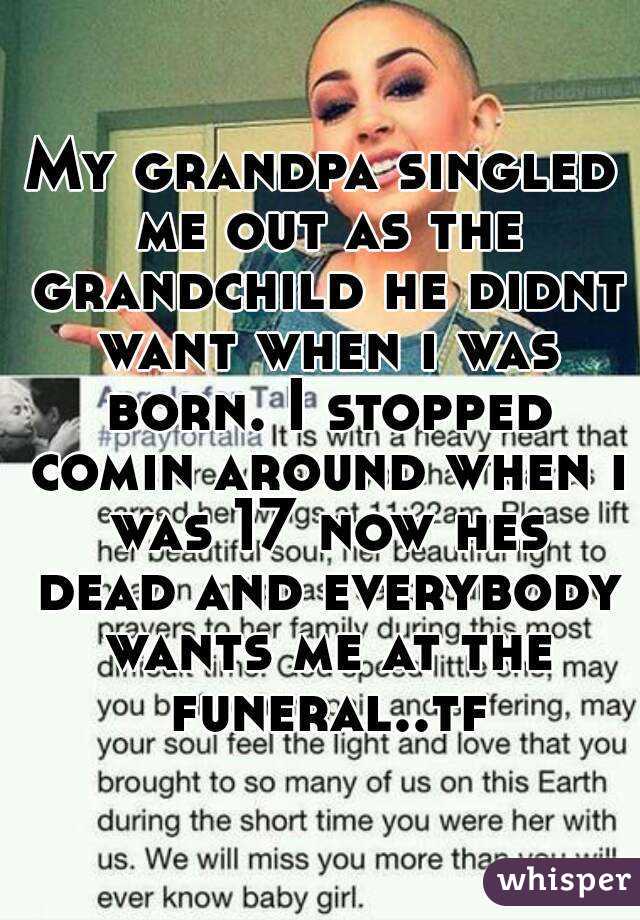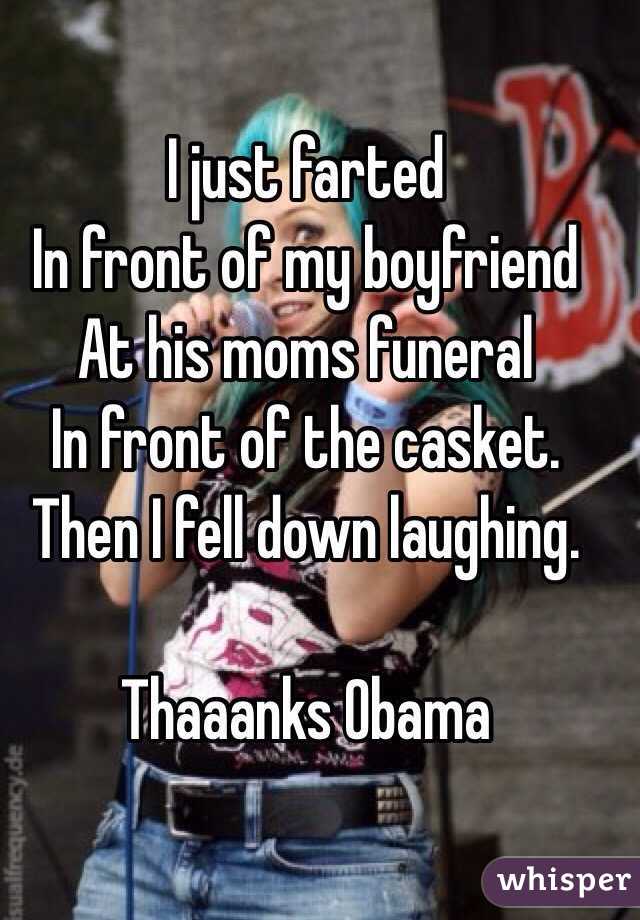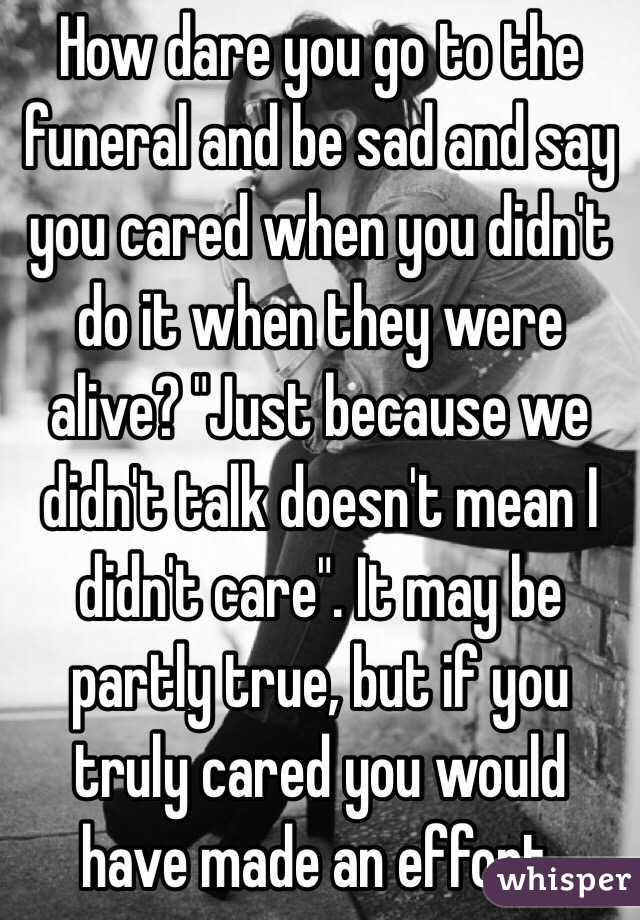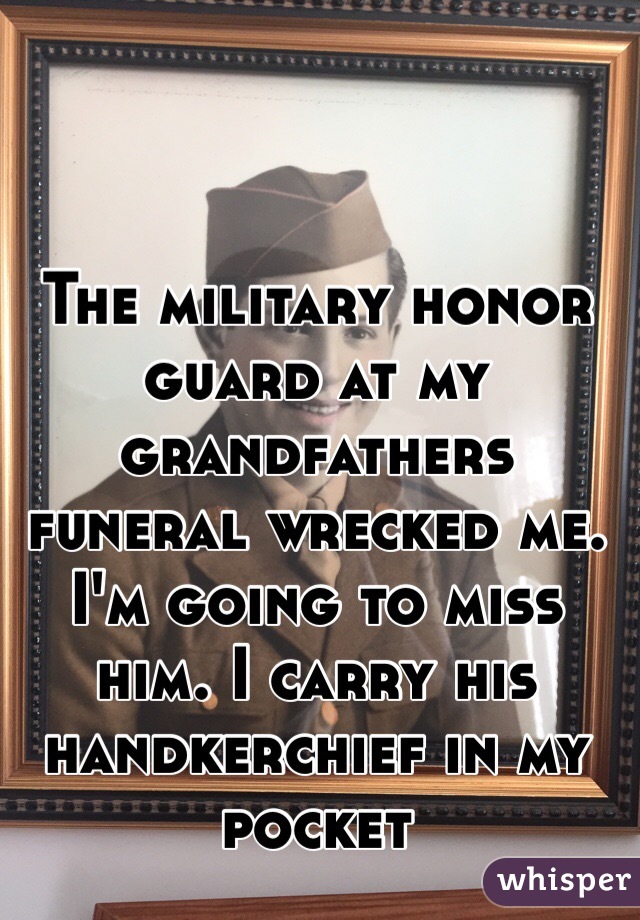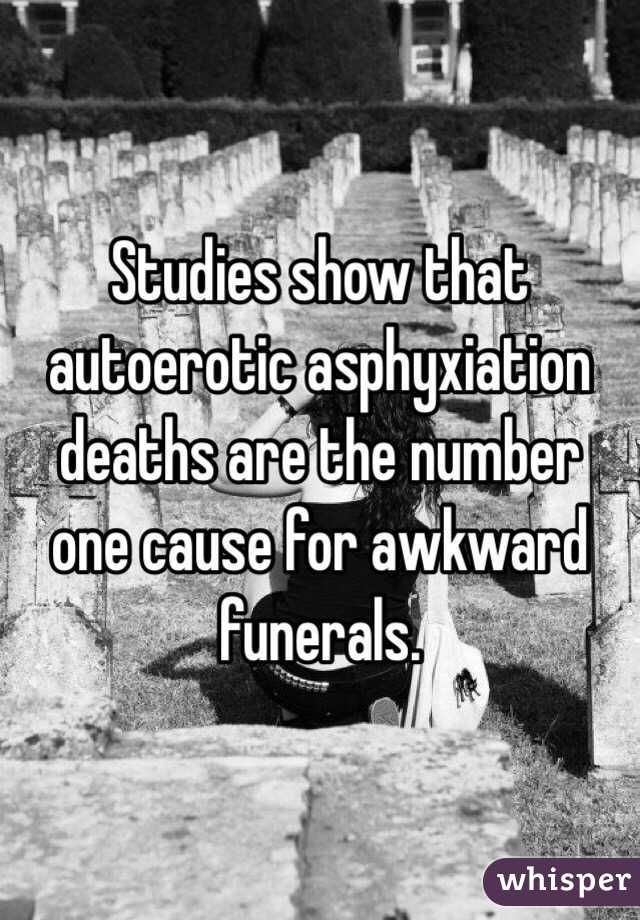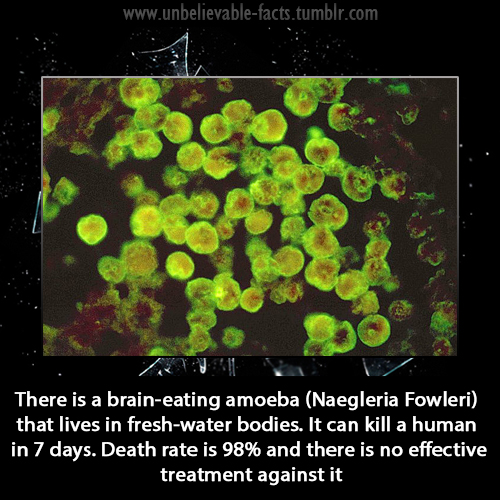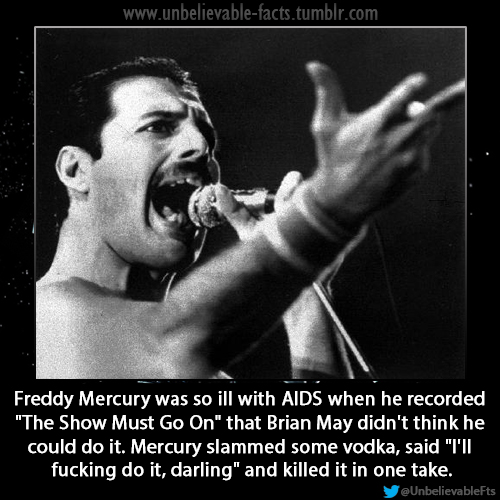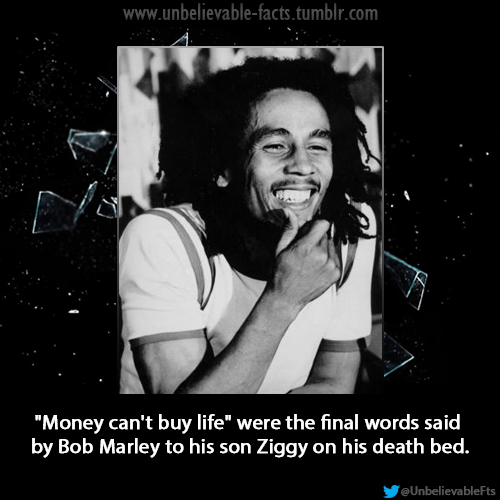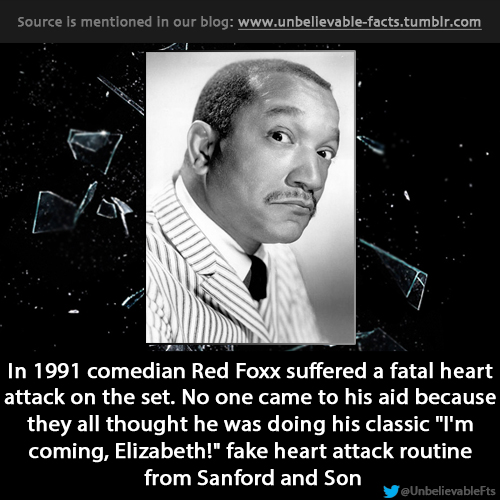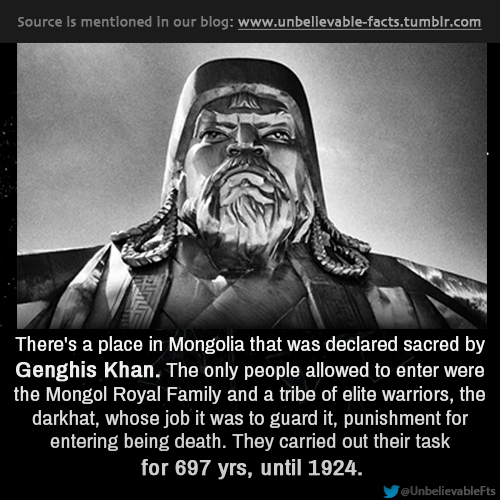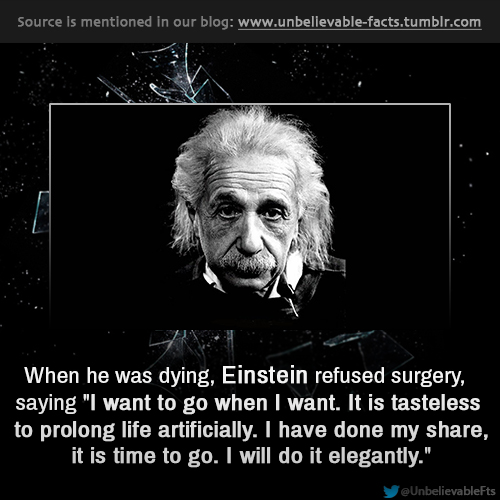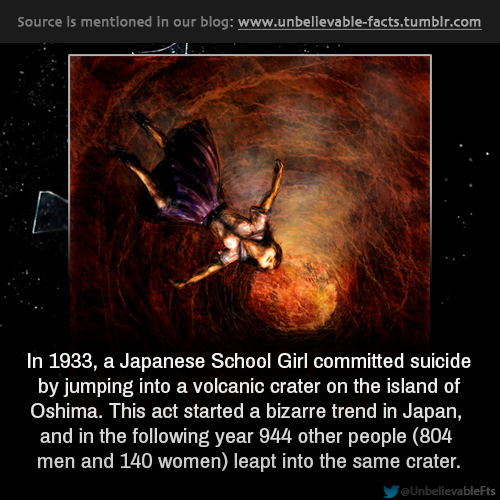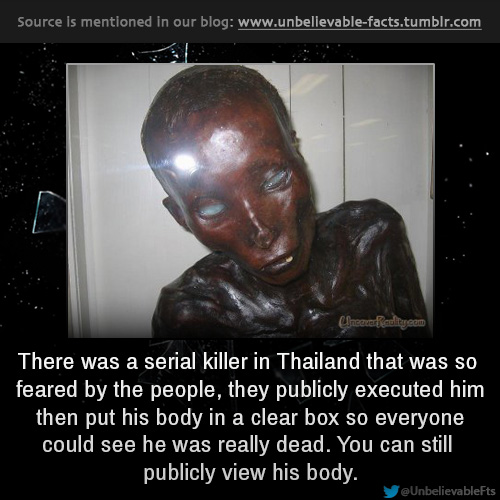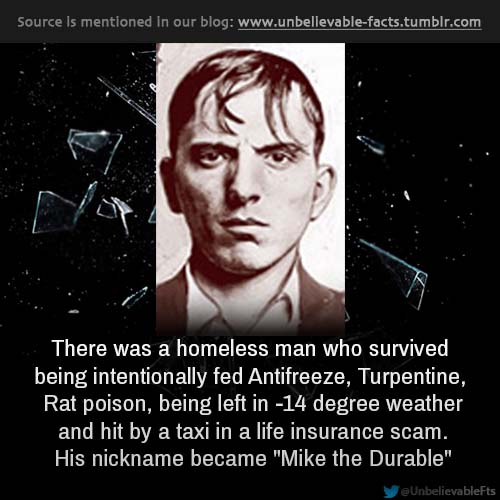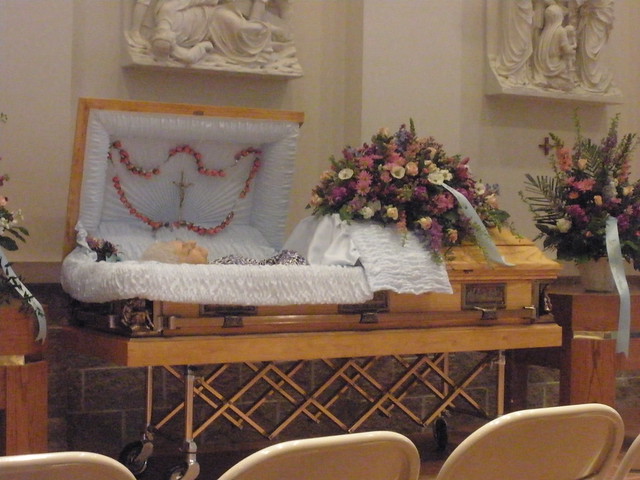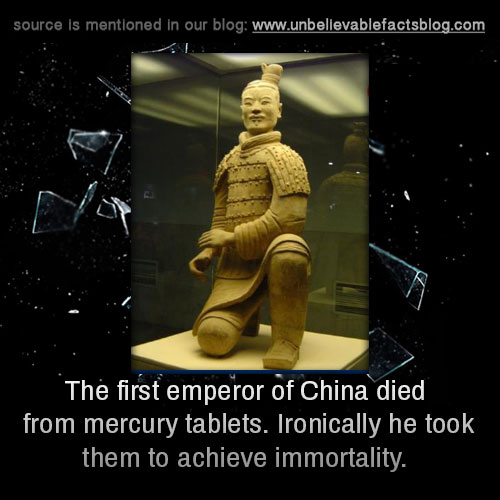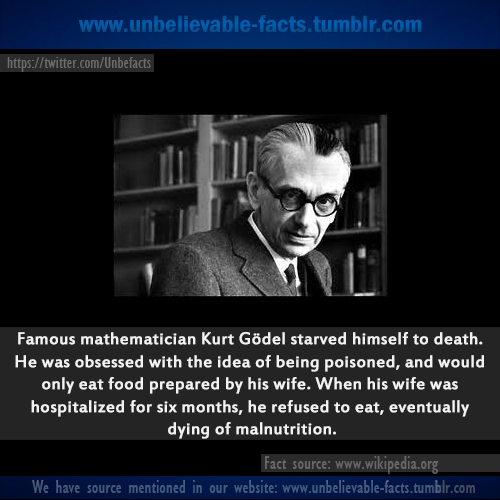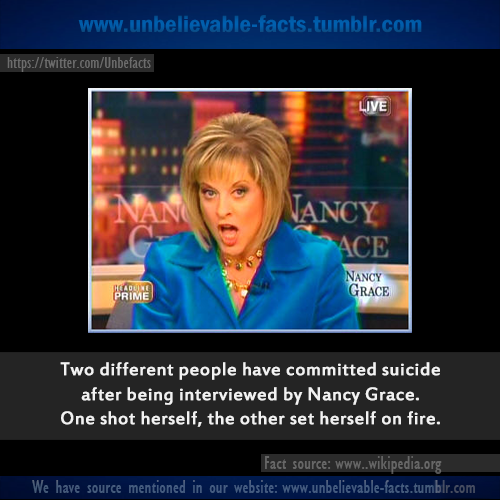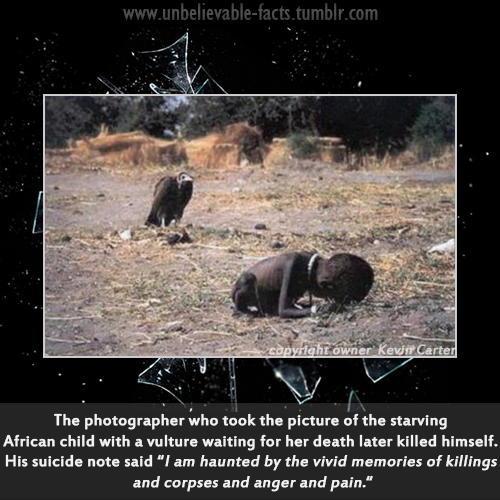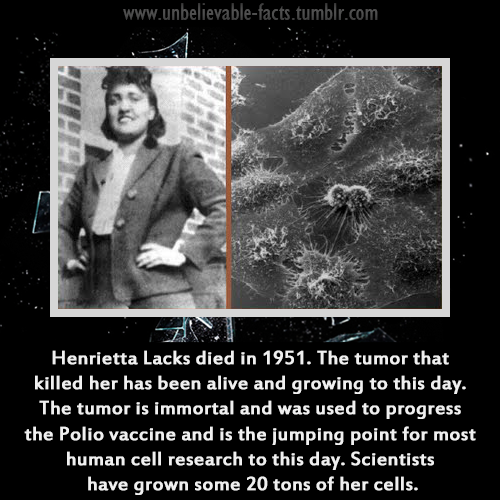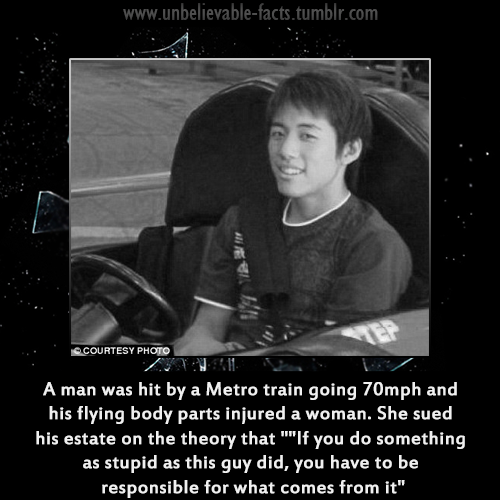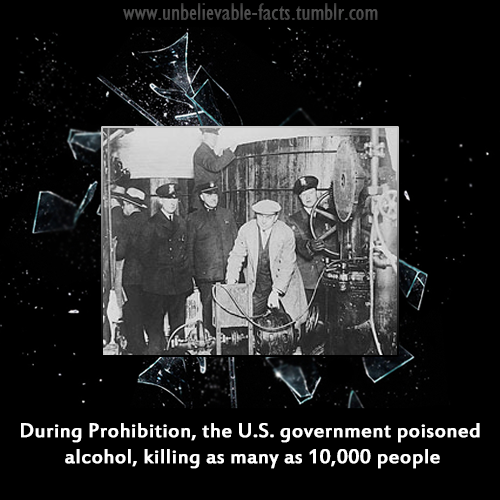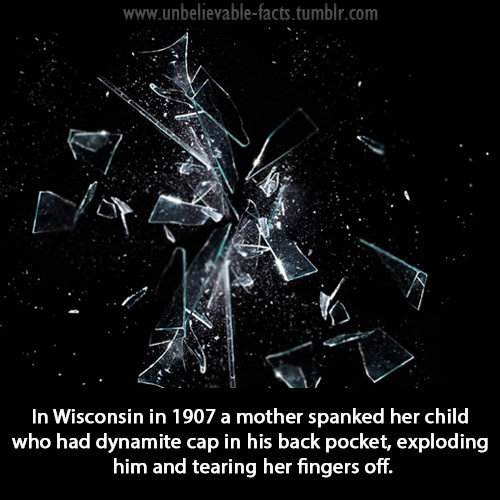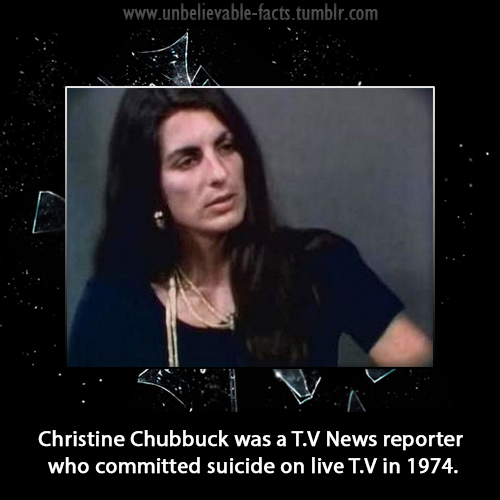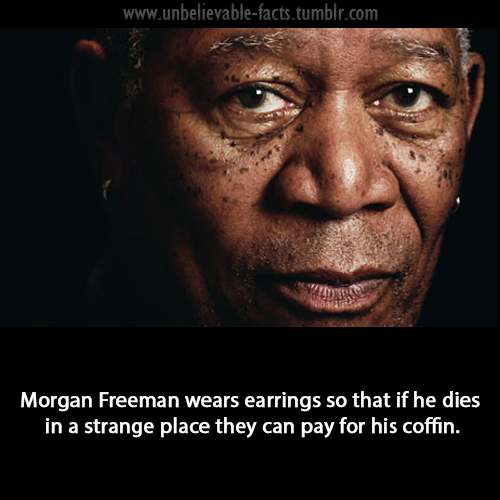One. I don’t want to prolong my life at the expense of quality.
We all know that the word “euthanasia” means “a good death”. The antonym of “euthanasia” is “dysthanasia” which means — you guessed it — “a bad death.” On a more practical level, “dysthanasia” is “generally used when a person is seen to be kept alive artificially in a condition where, otherwise, they cannot survive.” The bad death is a modern, medical induced phenomena where every attempt is made to hold back the inevitable; and yet, as Luis Buneul states, it ends up being an “exquisite form of torture.”
Two. I want to die at home.
I want to die at my home, surrounded by my family.
Three. And if I die at home, I want hospice.
Atul Gawande writes in his New Yorker piece,
(Doctors) sacrifice the quality of your existence now—by performing surgery, providing chemotherapy, putting you in intensive care—for the chance of gaining time later. Hospice deploys nurses, doctors, and social workers to help people with a fatal illness have the fullest possible lives right now. That means focussing on objectives like freedom from pain and discomfort, or maintaining mental awareness for as long as possible, or getting out with family once in a while. Hospice and palliative-care specialists aren’t much concerned about whether that makes people’s lives longer or shorter.
Four I don’t want to die in a nursing home.
I don’t like nursing homes. Let me qualify that statement: I understand that nursing homes are at times necessary and I understand that nursing homes provide invaluable care for those who need it; farther, I know that the nurses and their staff provide continuously care often at their own emotional expense.
But, I don’t likely the crowded loneliness inherent in these buildings, I don’t like the way nursing homes suck away money and I don’t like how some nursing homes are used to shelve away the weakest people in society.
Five. If the chance presents itself, I’d like to die heroically.
Sacrificing my life while saving drowning orphans from a sinking boat.
Dying while defending the rights of unicorns.
Pulling a James and Lily Potter: Giving my life to save my son from Lord Voldemort.
Six. I want the option of Death with Dignity.
If I find myself in a situation where I have a terminal illness that will cause great family distress or personal pain, I want to have this option available to me.
Seven. I wouldn’t mind dying of cancer.
I know that’s a controversial statement, so let me qualify it: When cancer strikes the young and middle-aged, it’s always horrible per se. But, when it strikes the aged — in terms of comparison and contrast — it’s not always the absolute worst way to reach the inevitable. Sometimes it might be the best possible option. It allows you to say your goodbyes, “get your house in order” and provides a set period of “quality time” to spend with your family and friends. When I’m older, it’s a much better option than a sudden heart attack, dementia or a slow and methodical wasting away.
Eight. I want total honesty from my doctor.
I have some skepticism when it comes to the medical community, especially when it comes to end of life care. While I believe that most doctors are honest, there are ulterior motives when it comes to cancer treatment and the like. While most doctors explicitly lay out the options for their patients, some will lay out the options that pad their pockets and suck the system. I want to be socially responsible when I die. I don’t want to suck hundreds of thousands of dollars out of the system so I can live a couple more months. I want total honesty from my doctor.
Nine. I want the least pain possible.
I’m not going to be prideful. If I have the option to manage my pain, I’m going to take it.
Ten. I want my family to know my advanced directives.
If I don’t die saving them from Voldemort, I want my family to know my advanced directives so that — if a situation ever presents itself — they can feel confident that they know what I wanted. Although they might not agree with my advanced directives, or want them, at least they can know they honored my last wishes and so honored me in my death.
